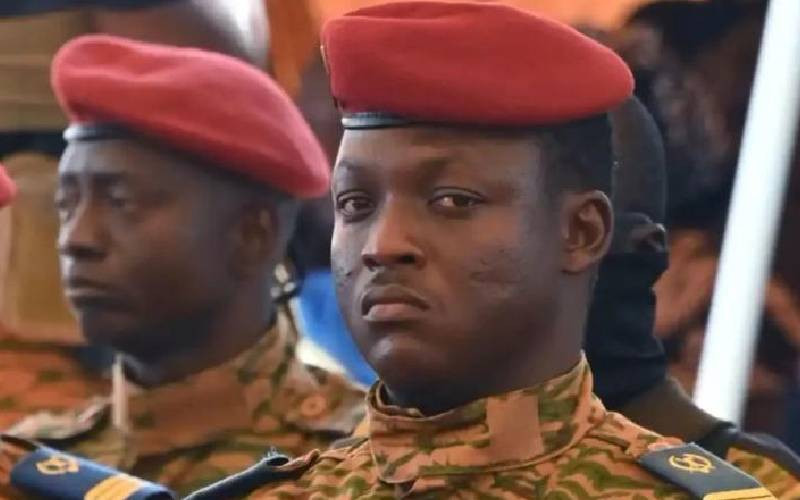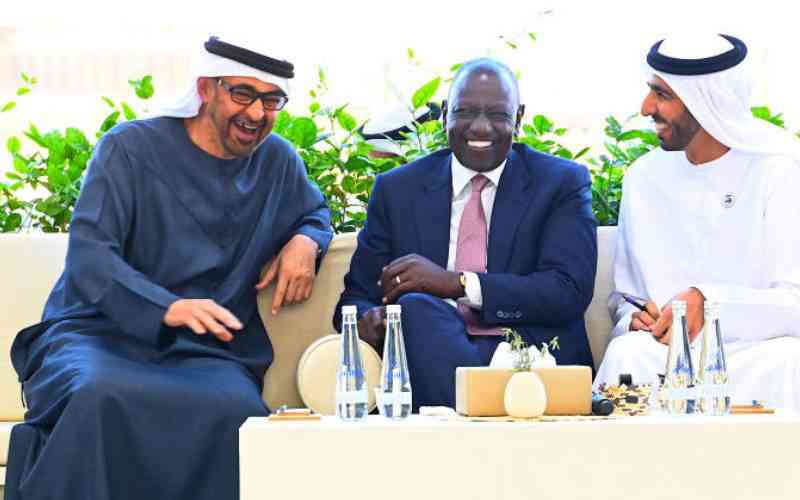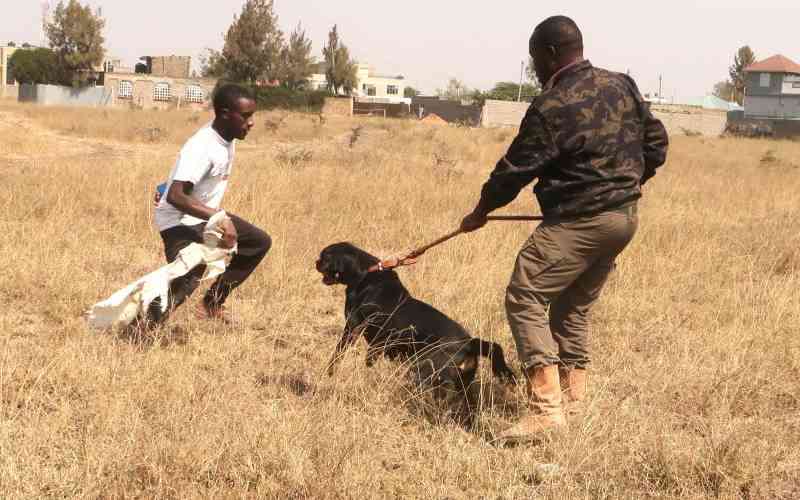
Over the years, the African continent has had a brave few leaders come forward and forge the way for their people, away from imperial interests. Always, the leaders have their short leadership spans ended by death or military coup. The first and most famous of these movements for liberation was the brotherly coalition between Kwame Nkrumah of Ghana and Ahmed Sekou Toure of Guinea. As the first leaders of their independent nations, they worked tirelessly to ensure the liberation of the rest of the continent from the shackles of Western hegemony. Naturally, the West was not happy with this and, utilising the CIA and other clever tricks, ensured the assassination of Patrice Lumumba of then Zaire and the overthrow of Nkrumah. Toure got to live and lead, but in later years changed his tune in support of America.
With the decimation of independence-era revolutionary movements, Africa fell in line with the interests of the West through its puppet leaders, acceding to Bretton Woods' demands by taking loans and destroying social services through the subsequent Structural Adjustment Programmes. This was until another brief glimmer of hope was lit through the Burkina Faso military coup of 1983 that saw Thomas Sankara take up the mantle of leadership. During his tenure of only four years, Sankara was able to drastically increase literacy amongst the Burkinabe people whilst reducing government spending. His legacy lives on due not only to his liberation of the country’s economy, but also his forward-thinking politics, which recognised the great role that women should play in nation-building. His CIA-backed assassination in 1987 dealt a huge blow not only to Burkina Faso but to the revolutionaries who had hoped that the winds of change would blow onto the rest of the continent.
Since 1987, all has been quiet on the liberation front, and so it is unsurprising that the world has taken so fondly to the political change being witnessed in the Sahel region, led by the new leader of Burkina Faso, Captain Ibrahim Traore. Since he took over in October 2022, Traore has stood firm against the influence of the French in the region, which has been strong since independence. He has ejected French troops from the country, and changed French from an official language to a working language. He has also been actively nationalising corporations that were initially run privately by foreigners, particularly in the mining industry. In the media, propaganda by the Burkinabe and left-leaning presses is rife, flooding viewers with stories of his great achievements so far. To many, Traore represents Sankara reincarnated, a pan-African messiah, and any criticism of him is met with disdain.
However, to refuse to be critical of Traore is to leave room for grave injustices to take place in the name of a free and independent Sahel. For one, whilst turning his back on France, Traore has allied himself with the Wagner Group, a Russian private military company that has had its hands all over the Sahel for decades, undermining legitimate leadership through mercenary tactics. On other occasions, Traore has expressed solidarity with the United States, and has even sent his troops to work with Rwandese troops, even as Rwanda actively destabilises the DRC. It would appear that Traore’s government has done away not with all forms of imperialism generally, but French imperialism specifically.
As well, authoritarianism in Burkina Faso has taken a familiar turn, sliding into the playbook of conservative American interests. In July, the government announced its intentions to formally criminalise homosexuality, and in September this came to pass with a law being instituted to make homosexual acts and unions illegal. Much like Uganda and Nigeria that have passed these laws fairly recently, and Ghana and Kenya that are attempting to do so, Burkina Faso has spent time and resources to criminalise what already was not legal in the country. When States seek to reiterate their stance on homosexuality by criminalising it over and over every few decades, one can only conclude that the aim is to communicate where they stand to those who hold the money.
Ms Gitahi is an international lawyer







